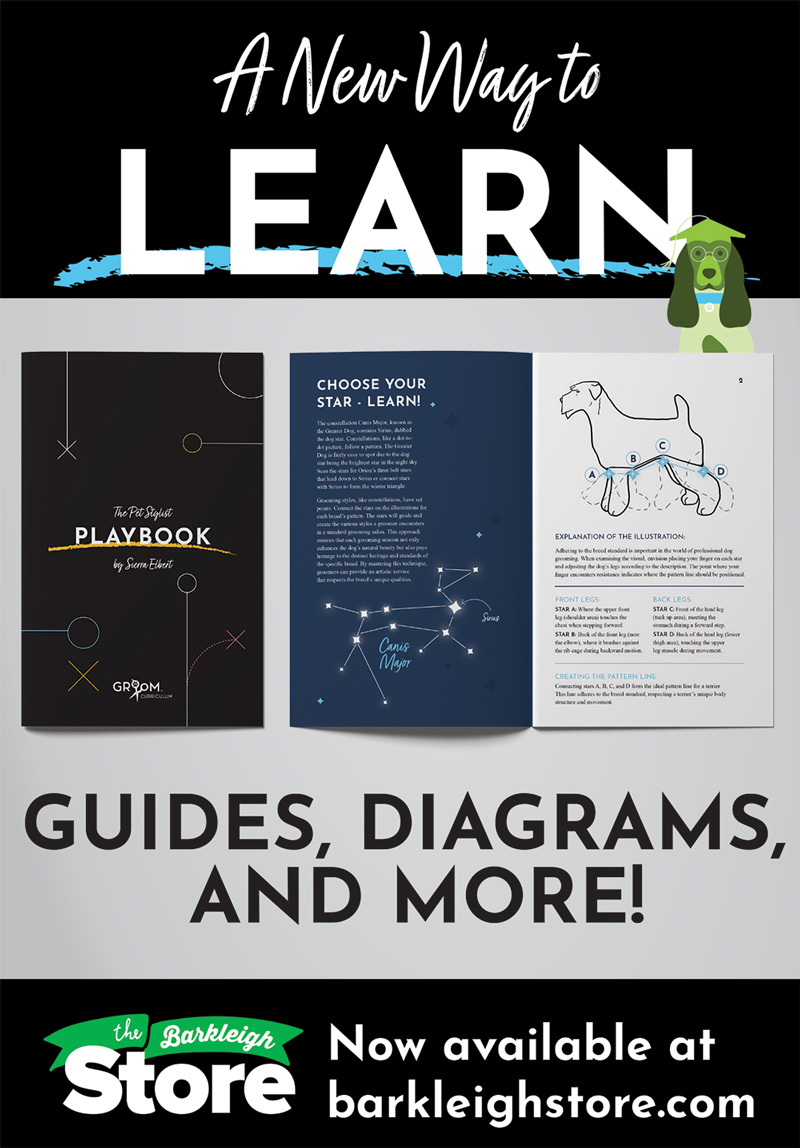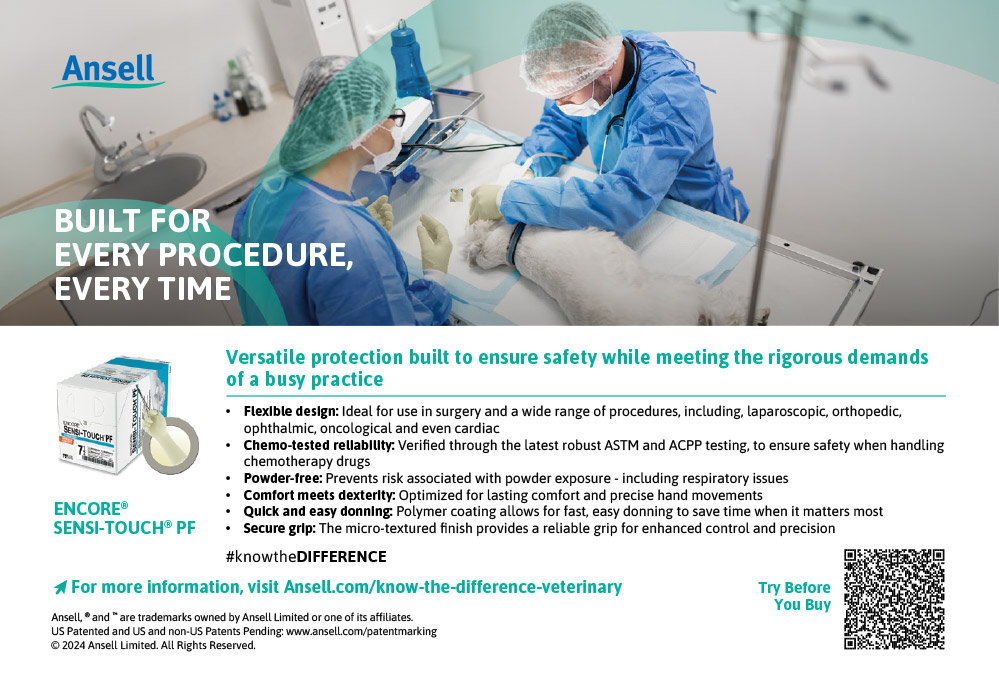

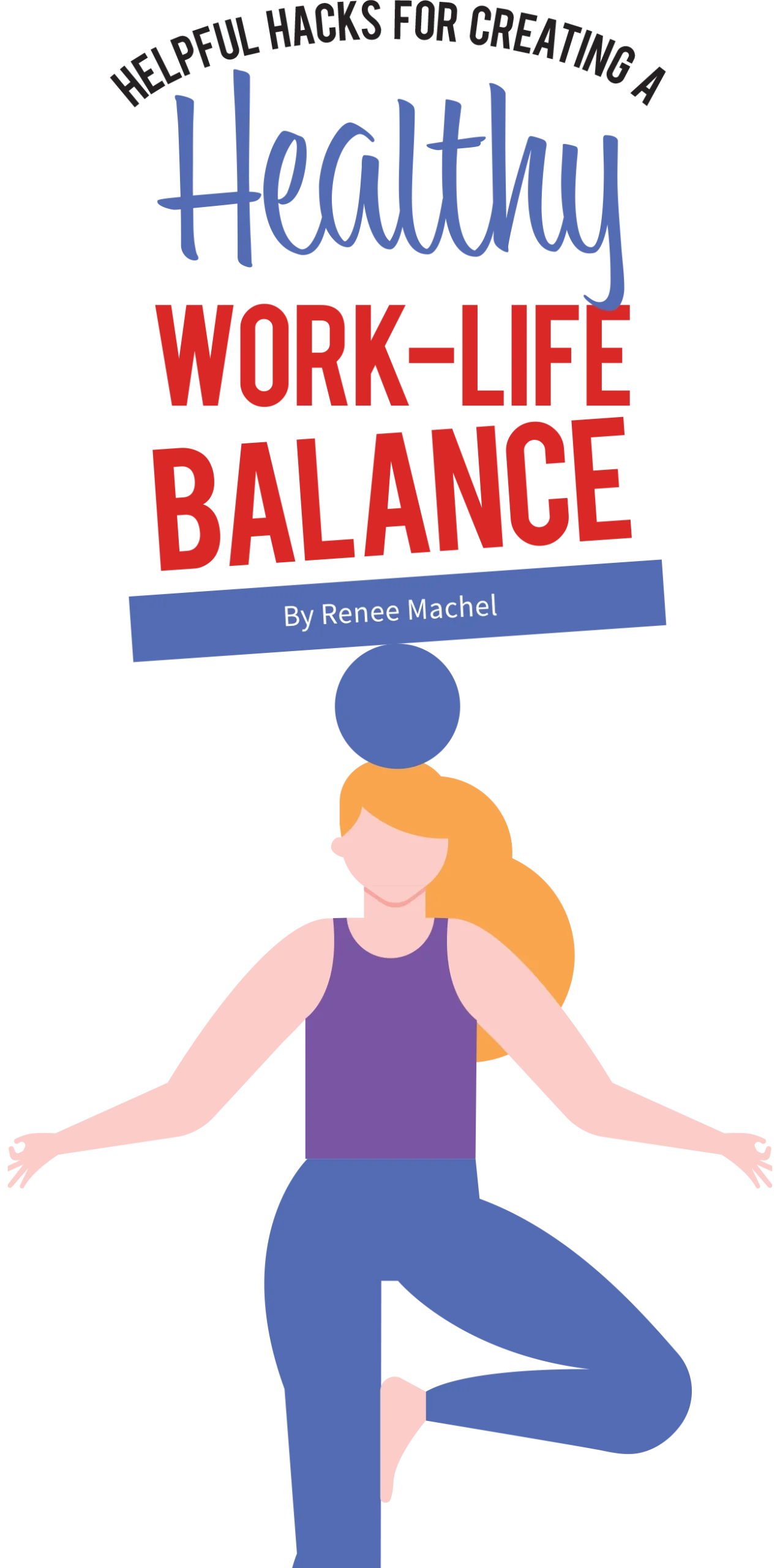
o you think about work when you lay your head down on the pillow at night, wondering, Did Buster get his nail trim? Did I fill that prescription? Did I stock exam 4?
I’ve worked with thousands of veterinary professionals, of all roles, and let me assure you that, even if it appears like you’re the only one in your clinic who’s worrying about these types of things off the clock—even though you desperately want a break—you are not. And when we don’t have mechanisms in place to create proper boundaries around our personal lives and our work, both can suffer. The good news is, there are hacks you can use!
Don’t get me wrong, when the going is good, a beautiful interaction can really enhance the day. For example, you had a great day at work and you carry that energy into a cheerful greeting when you pick up your kids from school. But, such as life, there are ebbs and flows, so when you are in an ebb—say in a disagreement at home and then you go to work—you carry that with you too.
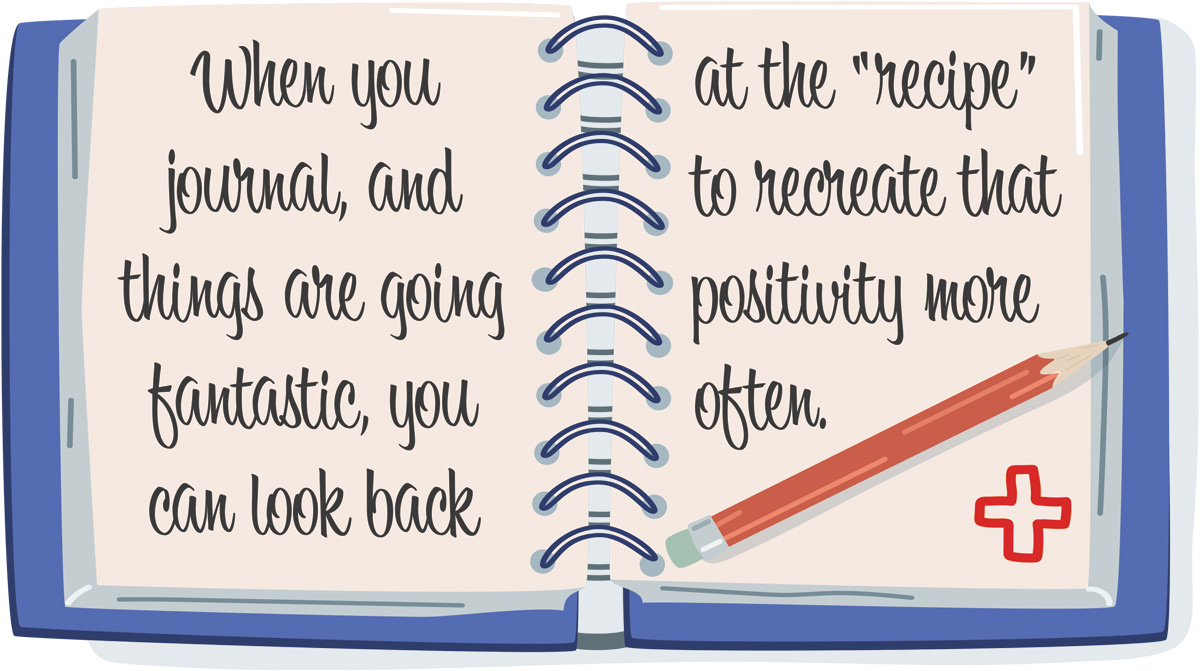
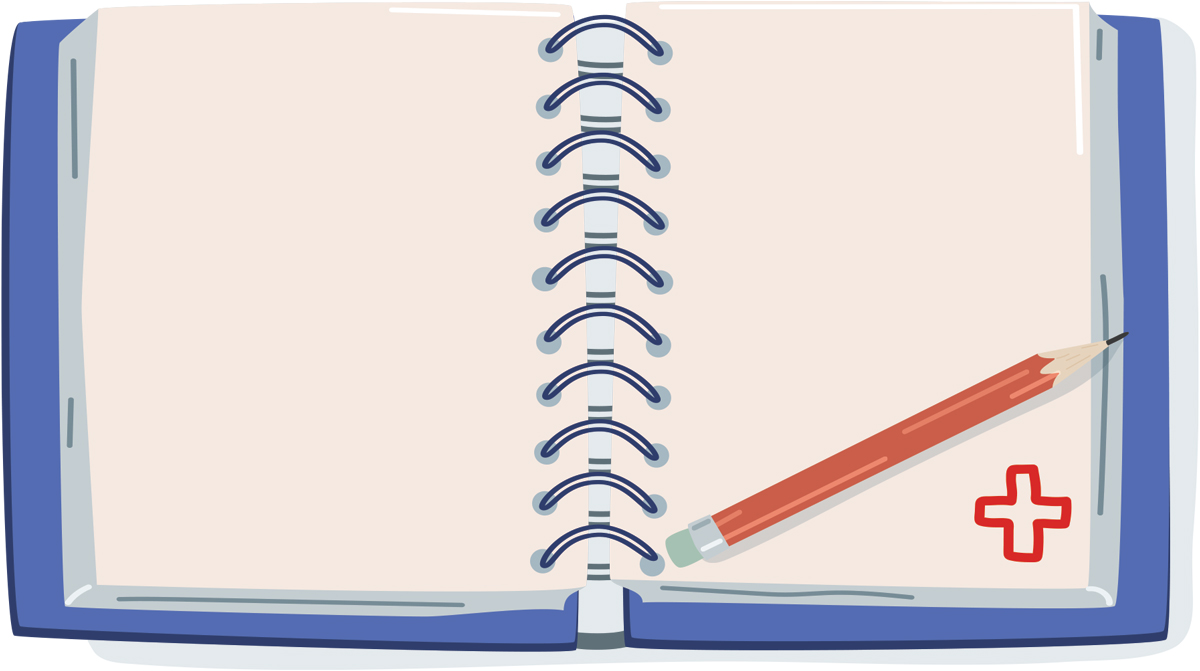
When you journal, and things are going fantastic, you can look back at the “recipe” to recreate that positivity more often.
Gain clarity by using productivity journals to reflect on and plan your day/week/month/year. This affords you an alternative perspective while allowing you to make refinements along the way. Here are a few key questions to ask yourself to prompt your journaling:
- What matters most to me right now and why?
- Am I giving my attention to that something that matters or am I giving it away to things that show up as urgent but aren’t truly important to me?
- If I am, how can I gently guide myself back to what is genuinely important and deserves a higher priority of my time, energy and attention?
- How do I want to show up for myself and others?
- What is a situation that may stress me out and how would my best self handle it?
- What does it look like and feel like to separate work and home?
The answers are different for everyone and you have to define them, otherwise you’re aimlessly wandering and you don’t know when you’ve hit your mark or missed it. When you journal, and things are going fantastic, you can look back at the “recipe” to recreate that positivity more often. If you don’t, how do you know which levers to pull? Levers being time with friends, cooking dinner, morning snuggles, going for a hike, having help from teammates during closing hours, using software to get notes done faster, etc.
- ACCEPT: Give yourself grace. We’re human—things happen and it’s healthy to be okay when things aren’t okay.
- BE OPEN: Be verbally open and honest with yourself and your family while committing to doing better next time. For example, “I apologize for taking my anger out on you, something happened that upset me and I’ll share the details when I’m in a better state.” Or to yourself, “That really sucked last night. I know I’ll be overwhelmed again and here’s what I’ll do to prevent another downward spiral.”
- CALM: Do something to calm your nervous system. Maybe it’s taking a shower (water has tremendous benefits on lowering our stress, and the privacy can be a place of refuge) or maybe it’s taking a walk. But there’s a difference between storming through your house, making a beeline for the shower and openly communicating something like, “Hey there, I’m going to take 30 minutes to quiet my mind and then we’ll watch a movie together.” Or send a text, “Once I park I’m going for a walk to the end of the street, and then I’ll be inside.”
You may say to yourself, I don’t have the time or energy for that. But I assure you the time spent will be well worth it and it will save you time and energy later.
In addition to employing these hacks to create a healthy separation from work and home life, it’s important to continue educating yourself on ways you can enhance your quality of life. As veterinary professionals, we have that conversation thousands of times in our careers, and it’s high time you have it with yourself. Give yourself permission to prioritize it.
